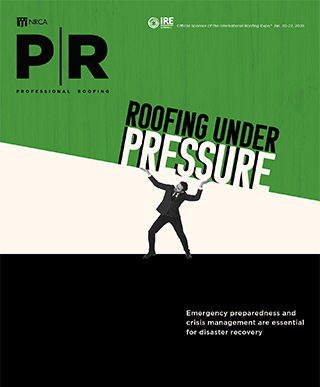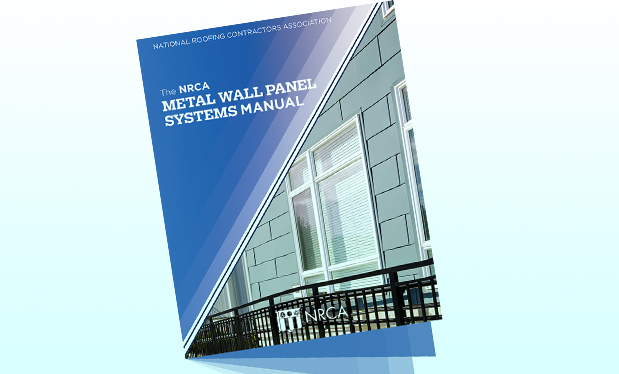
There’s been a lot of debate about student loan forgiveness and living wages but not much has been said about how those nearing retirement age are supposed to survive on a fixed income during a market downturn and skyrocketing inflation.
In “Is now a bad time to retire?,” a recent article in The Wall Street Journal, the author provides some historical framework and suggestions for those wanting to retire now but fearing losing a large percentage of their nest eggs.
Anne Tergesen interviewed financial advisers and economists who agree the stock market’s performance early in someone’s retirement has the greatest effect on how long the retiree’s funds will last.
“Negative returns at the start of retirement, when a portfolio is usually largest, create a problem because the combination of market losses and withdrawals can leave a portfolio too depleted to last decades,” Tergesen writes.
However, people who have retired in down markets historically have recovered their losses provided they know how to manage the market and cut spending when possible to minimize the losses.
For example, one strategy to reduce spending is to not adjust account withdrawals for inflation. The typical rule of thumb is to withdraw 4% per year and adjust for inflation accordingly. But in a bear market, a retiree would be wise to reduce withdrawals to 3.8%, for instance, rather than increase to 5% to account for inflation.
And regarding managing the market effectively, Tergesen writes: “A 2014 study … finds that those who start retirement by reducing their stockholdings to 20% to 30% of their portfolio and then gradually push it back up to 50% to 70% … have the highest probability of making their money last 30 years.”
And for those who fail at cutting expenses and managing the market, they could rely on other assets, such as home equity lines of credit or whole life insurance policies, but based on current federal action, they should not rely on a government bailout.
AMBIKA PUNIANI REID is editor of Professional Roofing and NRCA’s vice president of communications.



